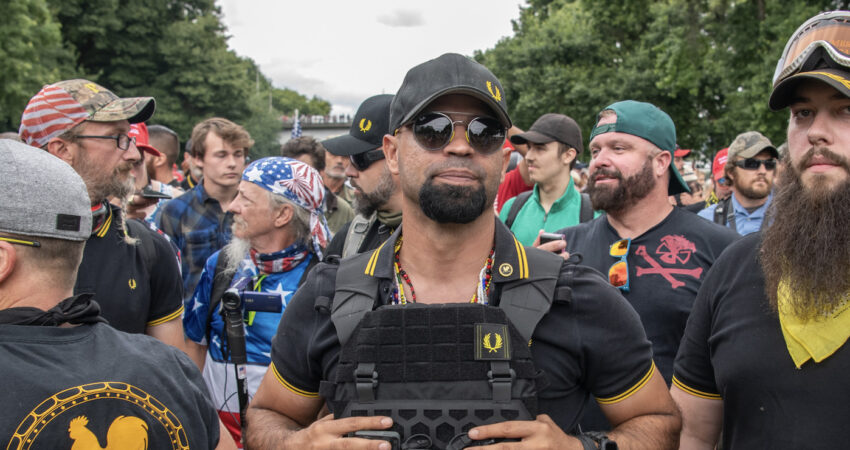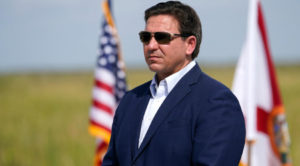Former Proud Boys chairman Enrique Tarrio received a 22-year prison sentence in connection with the events of January 6, 2021, marking the longest sentence thus far in the Department of Justice’s handling of the January 6th breach of the U.S. Capitol.
Tarrio, the son of Cuban immigrants, had been found guilty of seditious conspiracy by a federal jury in Washington, D.C., in May and was sentenced by Judge Timothy Kelly. His original sentence could have been 33 years.
In his plea for leniency, Tarrio stated that he was not a political zealot and that his goal was not to cause harm or change the election’s outcome. He asked for mercy, hoping to avoid losing his 40s to incarceration.
Notably, Tarrio was not present in Washington, D.C., on the day of the Capitol breach. However, prosecutors argued that he was a leader within the Proud Boys, describing him as “intelligent, charming, creative, and articulate” and claiming that he used these qualities to influence and radicalize followers.
The government’s case relied heavily on private communications from January 6 defendants, analyzing hundreds of thousands of messages to support the seditious conspiracy charge. This law, enacted after the Civil War, is rarely applied and challenging to prove but has been used by the DOJ about a dozen times in connection with the Capitol breach.
In one message, Tarrio claimed, “Make no mistake … we did this.” The government also presented a document titled “1776 Returns,” sent to Tarrio on the social media platform Telegram, outlining a Capitol takeover plan. Tarrio asserted that he neither saw nor opened the document.
Throughout the trial, Tarrio’s defense argued that there was no written evidence showing he conspired to stop the certification of the 2020 election.
Enrique Tarrio’s case is just one among many related to the Capitol breach, with over 1,100 individuals charged, and hundreds already sentenced to prison time. These cases have raised significant legal and constitutional questions about the limits of free speech and political dissent in the United States.





